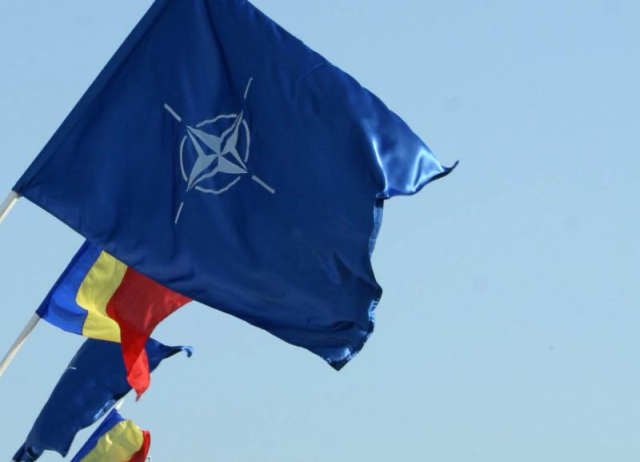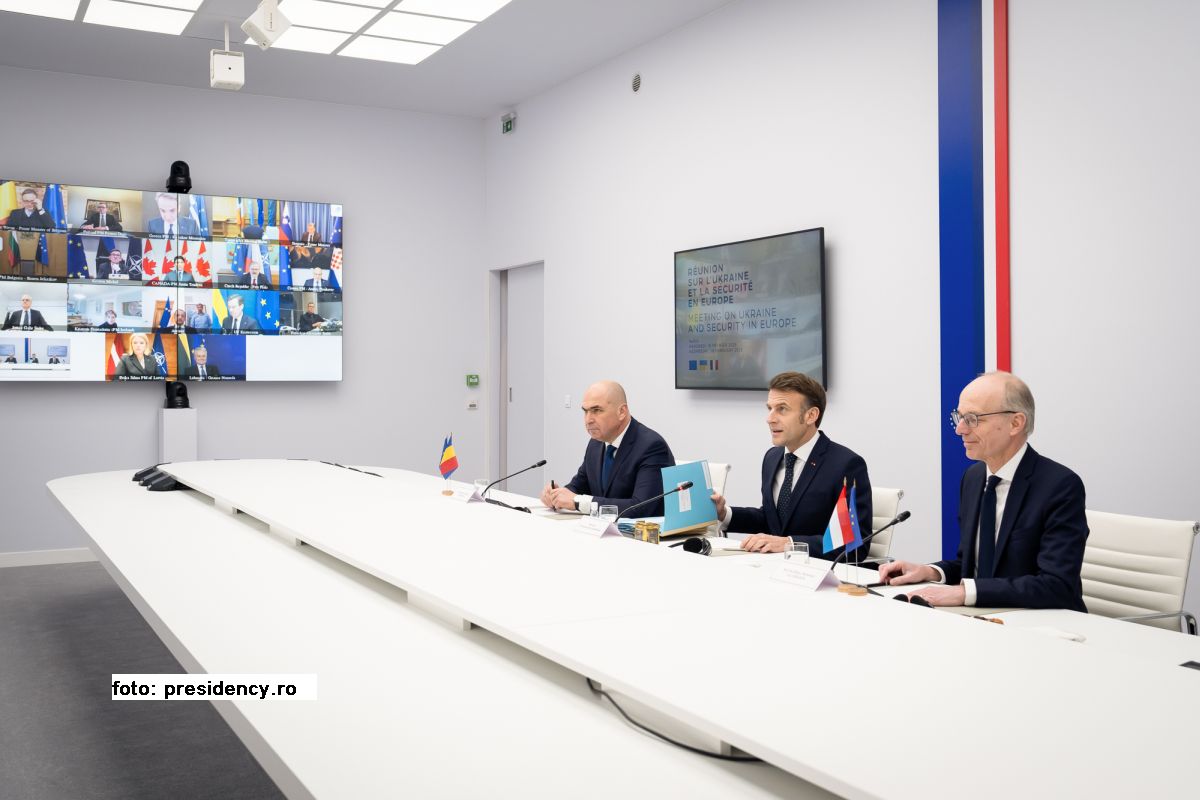NATO and Current Challenges
The looming threats of Russia and IS on the eastern and southern flanks are major priorities on NATOs agenda

Bogdan Matei, 27.05.2016, 13:20
Set up immediately after the Second World War with the purpose of keeping the Soviets out of Europe, the Americans in and the Germans in check, 70 years on NATO is facing a fundamentally changed geopolitical context. It is for the first time in its history that the North-Atlantic Treaty Alliance must simultaneously deal with threats coming from two different directions. On the one hand, with the illegal annexation of Crimea and its support for the breakaway rebels in Eastern Ukraine, Russia has demonstrated its territorial appetite and its renewed hostility.
On the other hand, the so-called Arab Spring of previous years, which led to the demise of corrupt and abusive regimes, otherwise secular and relatively stable, has been replaced with an upsurge of jihadism of the Mediterranean region, which has translated into violent attacks in the very heart of Europe, in Paris and Brussels. Attending a conference on security issues in Bucharest, NATO Assistant Secretary General Sorian Ducaru says these are the most complex challenges and risks since the end of the Cold War.
According to Sorin Ducaru, the main threat right now is Russia, which continues to outstep the bounds of international law. Russia’s ingressions are fuelled by the instability in the Middle East and Northern Africa, both areas being close to NATO’s borders. Another threat is the Islamic State terrorist group, which has started recruiting massively in the region, setting up terrorist cells and obtaining weaponry that it is subsequently using in attacks across Europe, Sorin Ducaru has said.
Sorin Ducaru believes the conclusion of negotiations for Montenegro’s bid to join NATO at the Alliance’s summit of Warsaw this July, could create the premises for restoring stability to the Balkans, a region bordering both ex-Soviet space and the Middle East. With the activation earlier this month of the US anti-ballistic shield facility in Deveselu, Romania has been bombarded with accusations and warnings from Russia, although Bucharest authorities have repeatedly highlighted the defensive purpose of the shield. State Secretary with the Defense Ministry Stefan Tinca claims terrorism and immigration are in turn potential threats. In his opinion, the risks coming from the south are equally important: immigration and terrorism. According to Stefan Tinca, Romanians died in the terrorist attacks in Western Europe and he believes that we are exposed to threats not only to the east, but also to our southern borders, so we must look at our vicinity as a whole.
The chief of the Romanian Army’s General Staff, General Nicolae Ciuca in turn believes that hostilities could exceed military confrontation, but is confident that Romania and NATO as a whole can face all challenges.






























